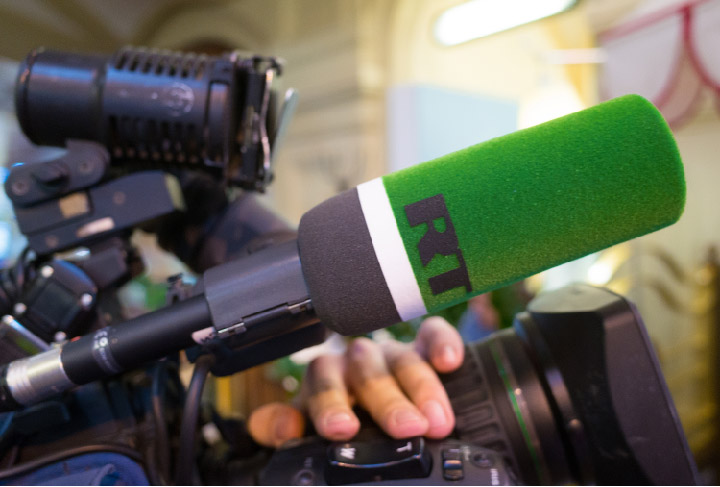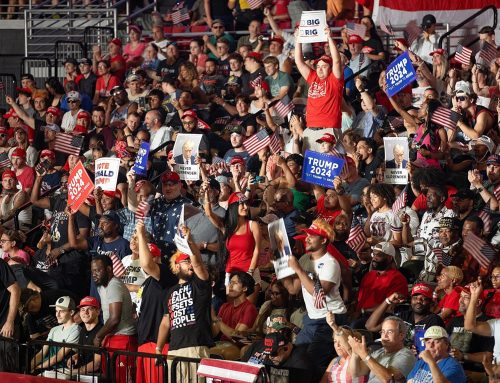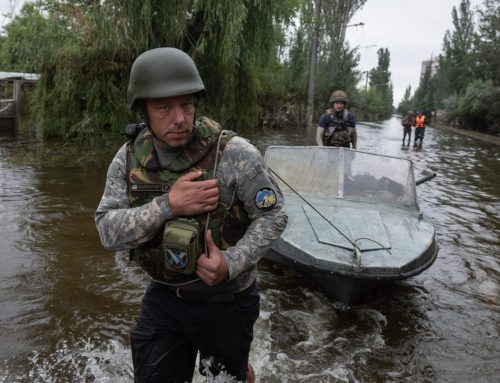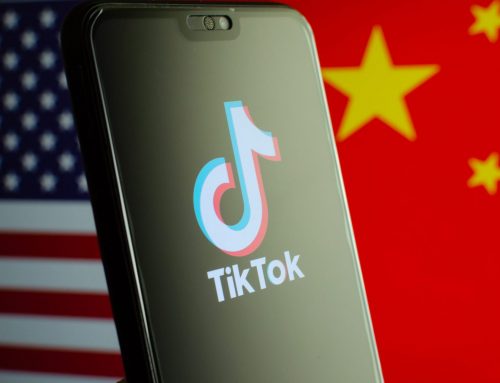Last week, Russian diplomatic accounts and state media continued to tout Russia’s coronavirus vaccines, including the announcement that Sputnik V “will cost less than its Western rivals.” At the same time, state media highlighted various issues surrounding the AstraZeneca vaccine, as well as Western pharmaceutical companies’ ability to profit off of coronavirus vaccines. A small number of opinion pieces again alleged that the West’s negative response to Russia’s vaccines was politically motivated. Related to last week’s announcement of key cabinet picks for the incoming Biden administration, Russian state media covered progressive pushback to some of the announced and presumed picks and often echoed this backlash. A prominent theme was the idea that the United States will continue or return to standard U.S. “imperialism” under Biden but “with a nicer face.” This is consistent with Russia’s longstanding effort to drive a wedge between the progressive and moderate wings of the Democratic Party. Chinese state media—after exceptionally low-key coverage of the run-up to and unfolding of the US presidential race—devoted significant coverage to the ongoing uncertainty around the transition between the outgoing and the incoming administrations, with seven of the ten most-shared Chinese state media stories on Facebook concerning the election and Trump’s refusal to concede. But most of the attention last week focused on the increasingly rancorous rhetoric between China and Australia after the deputy spokesperson for the Chinese MFA, Zhao Lijian, tweeted about Australian military atrocities in Afghanistan (the conflict escalated over the weekend after he tweeted a doctored image of an Australian soldier preparing to decapitate an Afghan child). This follows the economic measures that Beijing has taken against Canberra, presumably to deter Australia in its criticism of China. In contrast to the “chaotic” U.S. and “cowering” Australia, coverage of China was upbeat as ever, with five of the ten most-viewed video segments of the week about Chinese space exploration and other technical innovations. Iranian officials condemned the assassination of the head of Iran’s nuclear program, assigning blame to Israel and, at times, the United States. Ayatollah Khamenei was also active on Twitter last week, criticizing U.S.-led sanctions and casting doubt on the prospects of a diplomatic solution, and blaming the U.K. and EU for their “destructive intervention in the region.”
The views expressed in GMF publications and commentary are the views of the author alone.








